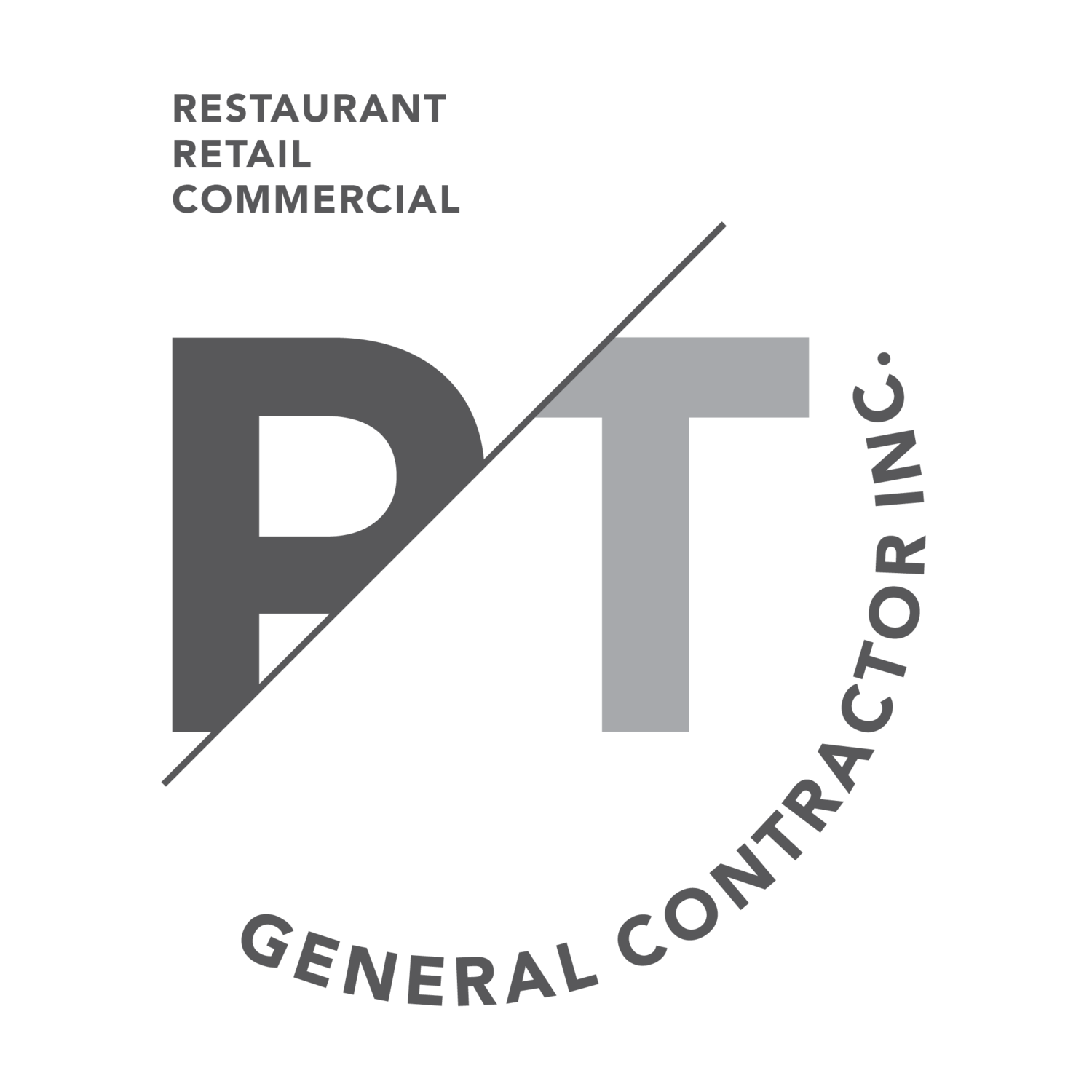Maximizing ROI: Tips for Cost-Effective Commercial Renovations in Toronto
Maximizing ROI: Tips for Cost-Effective Commercial Renovations in Toronto
Are you looking to boost the value of your commercial property without breaking the bank? Maximizing return on investment (ROI) is essential for any business owner or investor in Toronto because it directly impacts the profitability and long-term value of their commercial properties.
A high ROI means that the renovation has effectively increased the property's worth, attracting more tenants or buyers and enhancing the overall marketability of the space. In this blog, we'll explore practical tips and strategies for cost-effective commercial renovations that not only enhance your space but also deliver significant returns on your investment. Let's dive in!
Understanding ROI in Commercial Renovations
ROI is a performance measure used to evaluate the efficiency of an investment. In the context of commercial renovations, ROI is the ratio of the net profit gained from the renovation to the cost of the renovation. It helps property owners and investors understand the financial benefits of their investment in renovations.
For example, a report by the Urban Land Institute found that energy-efficient renovations can reduce energy costs by 35% or more through larger expenditures that are paid back within just 3 years.
Factors Influencing ROI
Several key factors influence ROI in commercial renovations:
Location: Properties in prime locations tend to yield higher ROI.
Quality of Renovation: High-quality materials and workmanship can lead to greater returns.
Market Trends: Current market demand for certain types of spaces or features can affect ROI.
Efficiency Upgrades: Implementing energy-efficient systems can lower operating costs and attract eco-conscious tenants.
Planning Your Renovation
Areas where you can impress clients is a priority
Planning is the cornerstone of a successful renovation. A well-thought-out plan helps ensure that your renovation aligns with your goals, stays within budget, and minimizes disruptions. Here's how to effectively plan your commercial renovation.
Setting Clear Objectives
Before embarking on any commercial renovation project, it's essential to set clear objectives. Define what you hope to achieve with the renovation, whether it's attracting new tenants, increasing rental rates, improving energy efficiency, or modernizing outdated spaces. Clear objectives will guide your decisions throughout the renovation process and help ensure that your efforts align with your overall business goals.
Budgeting Wisely
Creating a realistic budget is a critical step in planning your renovation. Start by obtaining detailed estimates from contractors and suppliers to understand the costs involved.
Factor in a contingency fund to cover unexpected expenses, typically around 10-15% of the total budget. Prioritize spending on high-impact areas that will yield the greatest ROI, and avoid cutting corners on essential elements like structural work and high-quality materials.
Hiring the Right Professionals
Choosing the right professionals is vital for a successful renovation. Look for experienced commercial contractors in Toronto that have a proven track record. Check their references and review their portfolios to ensure their style and quality meet your expectations. Hiring professionals familiar with local regulations and building codes can also help streamline the permitting process and avoid costly delays.
Conducting a Thorough Needs Assessment
Conduct a comprehensive needs assessment to identify the specific areas of your property that require renovation. This assessment should consider the current condition of the building, any structural issues, and the needs of your tenants or target market. Engage with stakeholders, including employees and tenants, to gather input and ensure that the renovation will address their needs and enhance their experience.
Prioritizing High-Impact Upgrades
Focus on high-impact upgrades that will provide the most significant returns on your investment. These might include modernizing common areas, upgrading restrooms, enhancing energy efficiency, and improving accessibility.
High-traffic areas like lobbies and entrances can create a strong first impression, while functional upgrades such as HVAC systems and lighting can reduce operating costs and attract eco-conscious tenants.
Scheduling and Planning for Minimal Disruption
Plan your renovation schedule to minimize disruption to your business operations and tenants. Consider phasing the project to allow parts of the building to remain operational while work is being carried out. Communicate the renovation plan and timeline to all stakeholders in advance and provide regular updates to manage expectations and reduce inconvenience.
Cost-Effective Renovation Tips
Maximizing ROI requires a strategic approach to renovations. Aside from the tips already mentioned, here are more tips to help you renovate cost-effectively.
Utilize Quality Materials
Quality materials are less likely to require frequent repairs or replacements, reducing maintenance costs and ensuring a longer lifespan for your renovations. Choose materials that balance cost with durability and aesthetic appeal.
Incorporate Modern Technology
Integrating modern technology into your renovations can significantly enhance the functionality and attractiveness of your property. Smart building technologies, such as automated lighting, climate control, and security systems, can improve energy efficiency and provide a more convenient and secure environment for tenants. Additionally, offering high-speed Internet and other tech amenities can make your property more appealing to tech-savvy businesses.
DIY Where Possible
While certain aspects of commercial renovations require professional expertise, there are often opportunities to save money by doing some work yourself or with your team. Tasks like painting, landscaping, and minor repairs can be handled in-house, reducing labour costs. However, always ensure that any DIY work complies with local building codes and regulations to avoid potential issues down the line.
Reuse and Recycle
Incorporating existing elements into your renovation can save costs and reduce waste. Consider refurbishing existing fixtures, repurposing materials, or integrating architectural features into your new design. This approach can give your property a unique character while staying within budget.
Navigating Permits and Regulations
Licensed contractors can help obtain the necessary permits
Understanding and adhering to local permits and regulations is essential for a smooth renovation process. Proper compliance can prevent delays and avoid costly fines. Here's how to effectively navigate the legal landscape in Toronto.
Understand Local Regulations
Navigating Toronto's building codes and permit requirements is crucial for a successful renovation. Familiarize yourself with the city's zoning laws, building codes, and specific regulations related to commercial properties. These rules can dictate everything from structural changes to aesthetic modifications, so it's important to be well-informed before starting your project.
Obtain Necessary Permits
Securing the necessary permits is a critical step in the renovation process. Determine which permits are required for your specific project by consulting with Toronto’s building department or your hired professionals. Common permits may include building permits, electrical permits, plumbing permits, and occupancy permits. Applying for permits early in the planning phase can help avoid delays.
Avoid Common Pitfalls
Navigating the regulatory landscape can be challenging, and common pitfalls include incomplete permit applications, failure to adhere to zoning laws, and non-compliance with building codes. Ensure all documentation is complete and accurate before submission.
Work with Experienced Professionals
Hiring professionals familiar with Toronto’s building codes and permitting process can streamline your renovation. Architects, contractors, and project managers with local experience can provide valuable insights and ensure your project complies with all regulations. Their expertise can save time and reduce the risk of costly mistakes.
Conduct Regular Inspections
Regular inspections during the renovation process can ensure compliance with local regulations and identify potential issues early. Schedule inspections at key stages of the project, such as after-framing, plumbing, and electrical work, to verify that all work meets the required standards. Addressing problems promptly can prevent delays and additional costs.
Stay Updated on Changes
Building codes and regulations can change over time, so staying updated on any changes is crucial. Subscribe to updates from Toronto’s building department or join relevant industry associations to receive the latest information. Being proactive about regulatory changes can help you remain compliant and avoid future complications.
Take Your Next Step Towards a Successful Renovation
Embarking on a commercial building renovation in Toronto can be a rewarding venture when approached with the right strategies. By following this guide, you can maximize your investment and create a space that truly stands out.
Ready to start your renovation journey? Contact PT General Contractor today at (416) 451-6173 for expert guidance and professional services. Let's turn your vision into reality!



